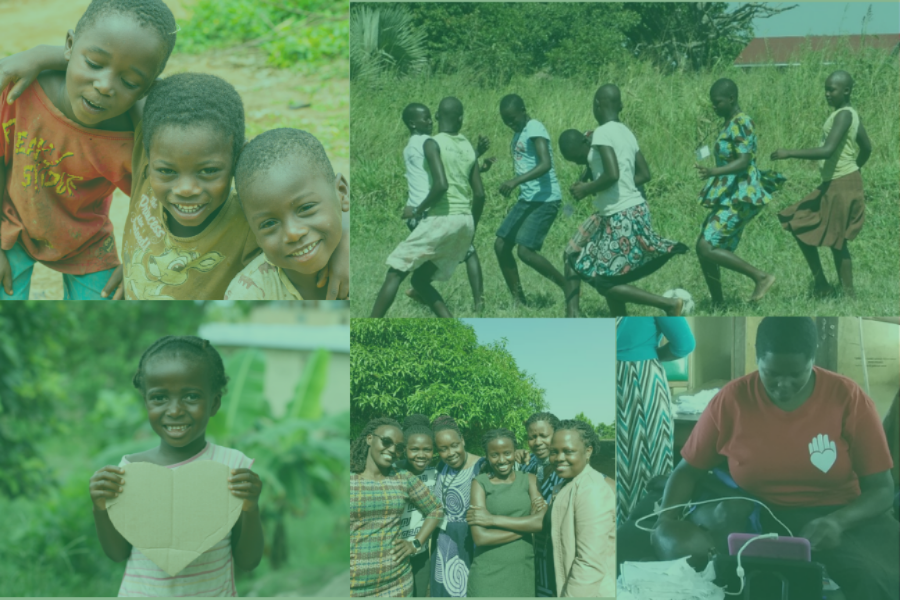Donations

Join Us in Reducing the Burden of RHD!
We express our gratitude to our incredible past and current donors for their generous support of the Rheumatic Heart Disease (RHD) Research Collaborative in Uganda (RRCU). We invite you to join us in this important endeavor by making a contribution today.

How to Give:
To donate, visit our fundraising page. Donations are coordinated through Cincinnati Children’s Hospital Medical Center, where RRCU Co-Director, Dr. Andrea Beaton is a faculty member. Gifts are tax deductible and 100% of the donation will be sent to Uganda to support RRCU’s activities.

Donations are critical to our work and support programmatic costs including:
Patient peer support programs
Community engagement
Enhanced education about RHD for healthcare providers
General infrastructure costs such as office equipment and program vehicles
These programmatic community health expenses are often not covered by our scientific research grants, which are typically project-specific. This results in a funding gap that private and individual donors help to fill.


Every Gift Makes a Difference.

More about RHD and RRCU:
Over the past decade, RRCU has been supported by clinicians, community members, and philanthropists who have partnered with RRCU to enhance life-saving RHD prevention, detection and treatment for hundreds of thousands of children living with or at-risk for RHD in Uganda. We welcome you to join this inspiring team!
At the RRCU we believe every child deserves the chance to grow up with a healthy heart—and every community deserves access to the care and knowledge that makes that possible.
RHD starts with something as simple as an untreated sore throat. In high-income countries, access to penicillin and early care has nearly erased it. But in Uganda and other low-resource settings, RHD still affects tens of millions—and takes the lives of over 300,000 people each year, most of them children and young adults.
In Uganda, most children aren’t diagnosed until RHD has already caused serious, often irreversible damage. At that point, medications may be too late, and heart surgery—if available—is financially and logistically out of reach for most families.
“Imagine people in their 20s coming into the hospital because they’ve had a stroke. These cases start in childhood, but the sore throats and fevers get missed.”
-Dr. Emmy Okello, Chief of Cardiology at the Uganda Heart Institute and co-Director of the RRCU
Interested in learning more about RHD and the RRCU? Click on our other pages below:
We know that RHD is preventable—and with your support, we have the tools to stop it.






